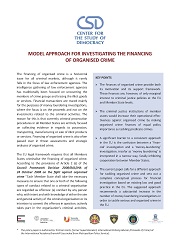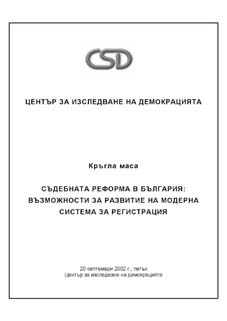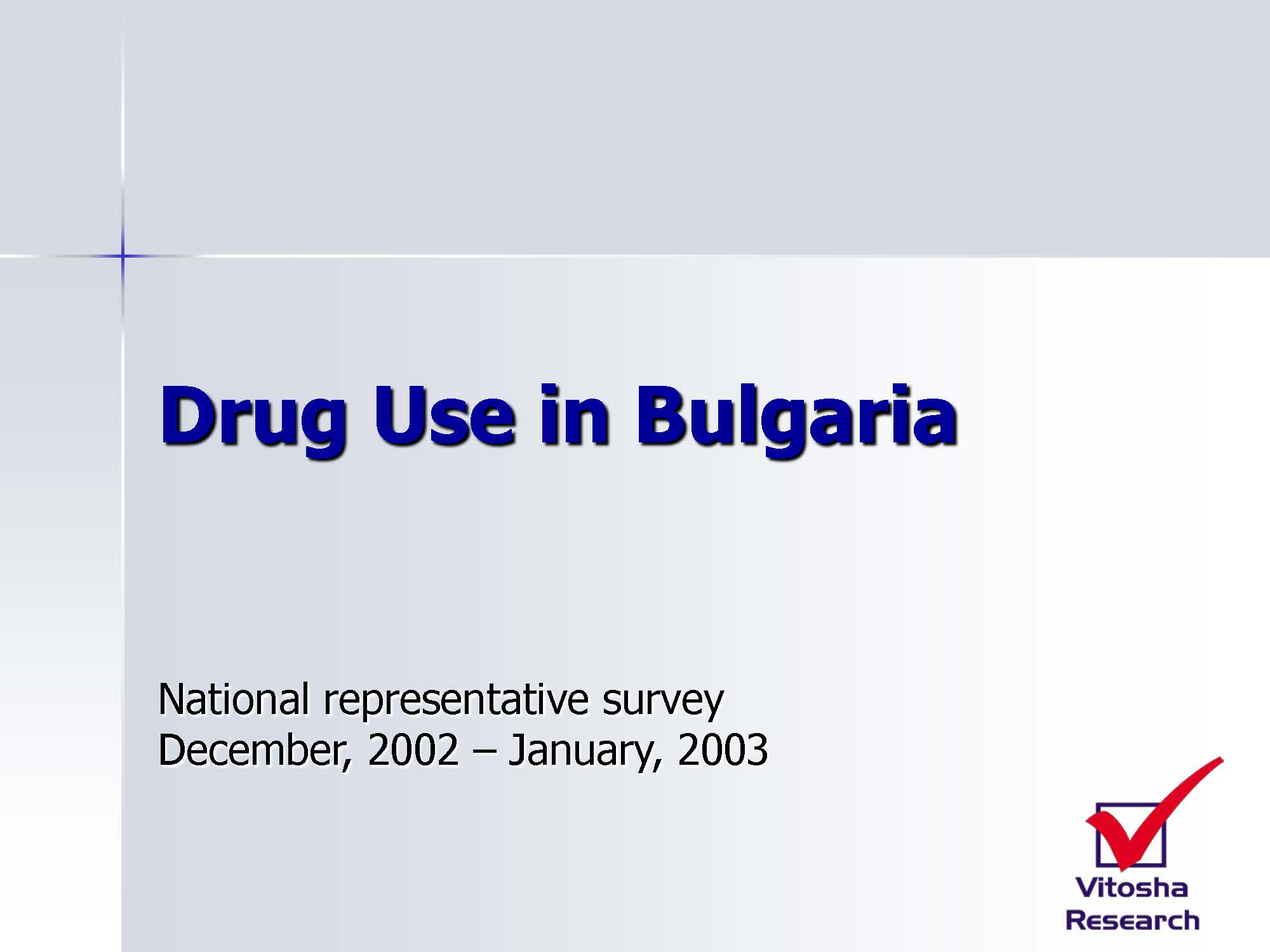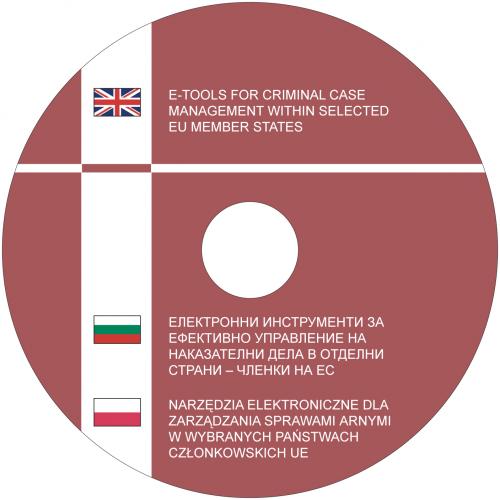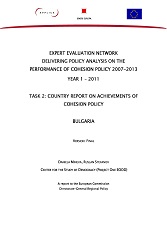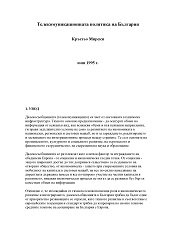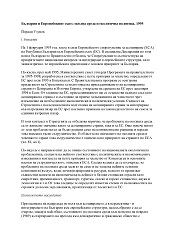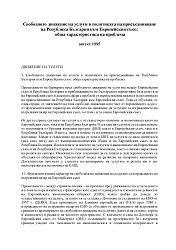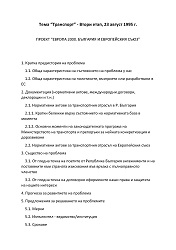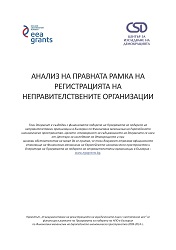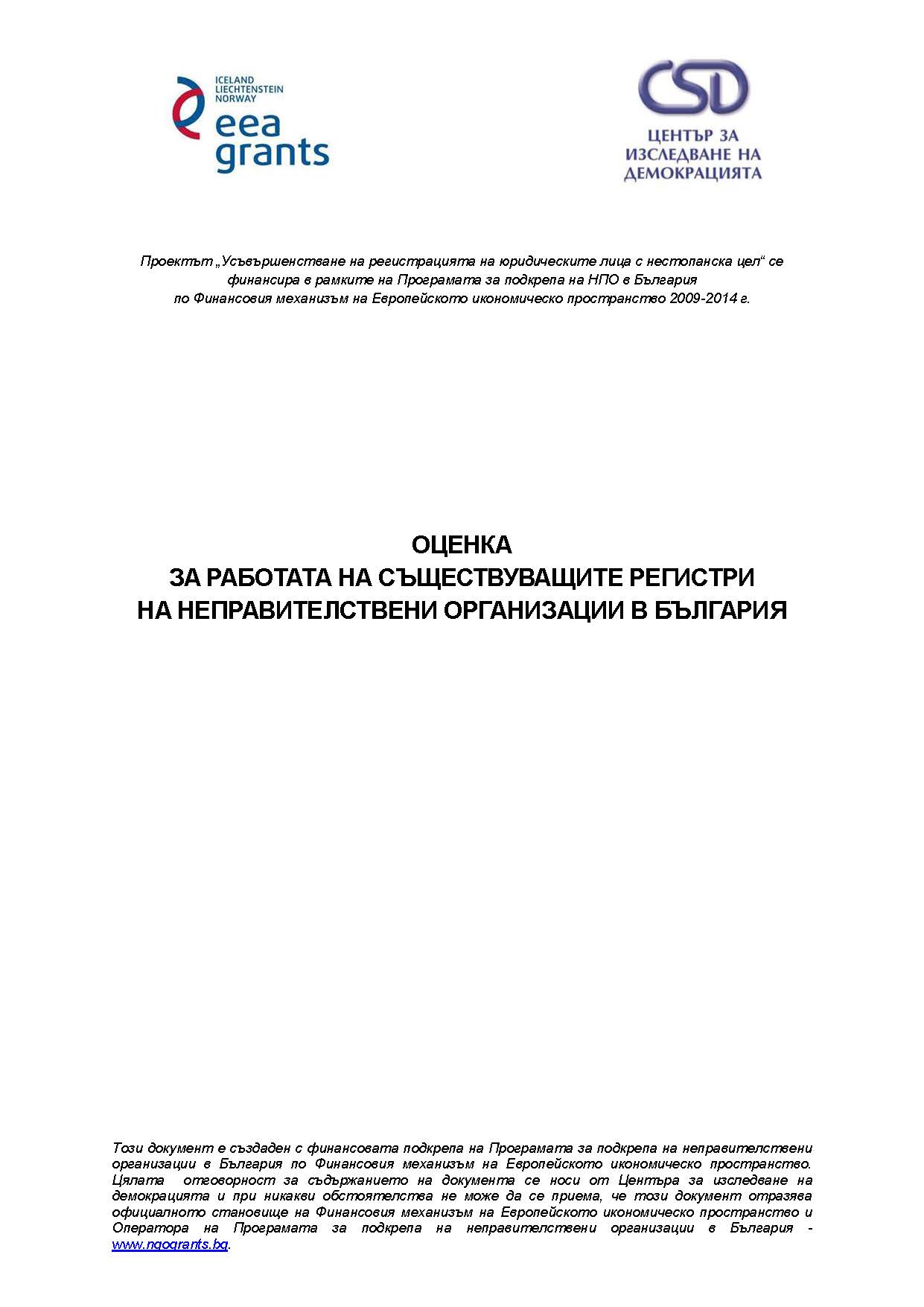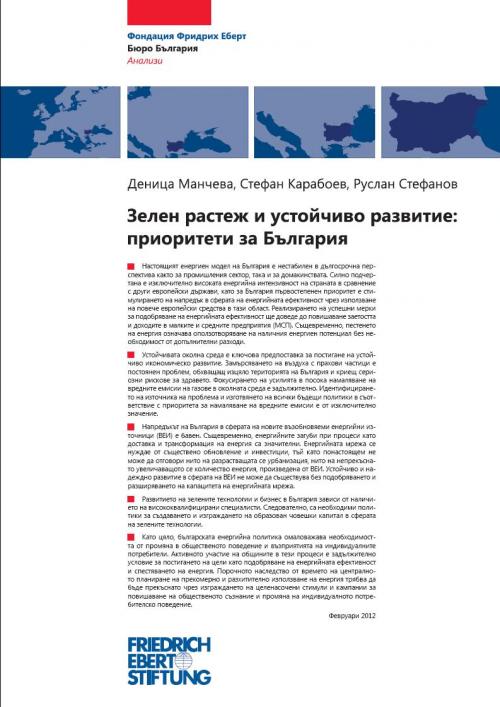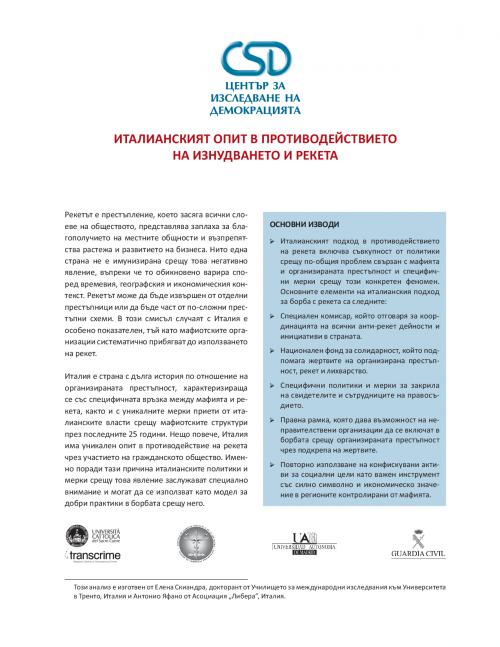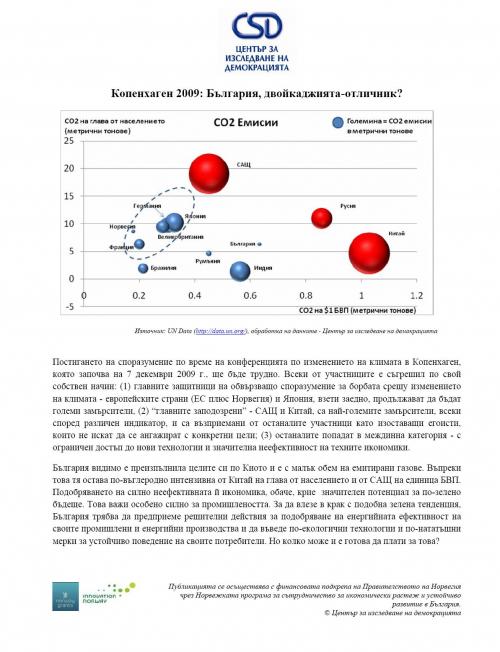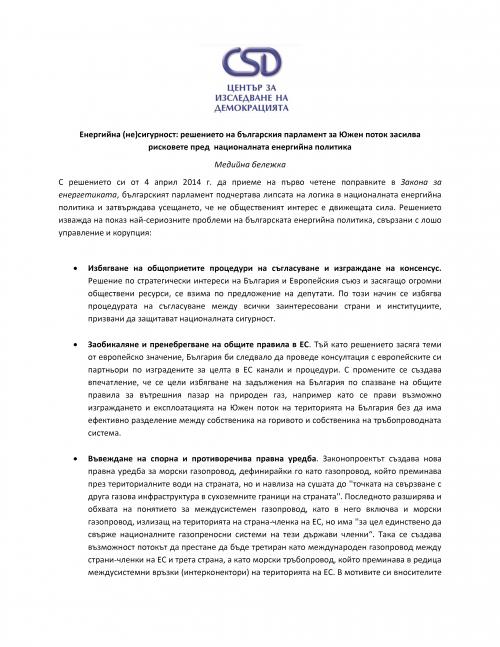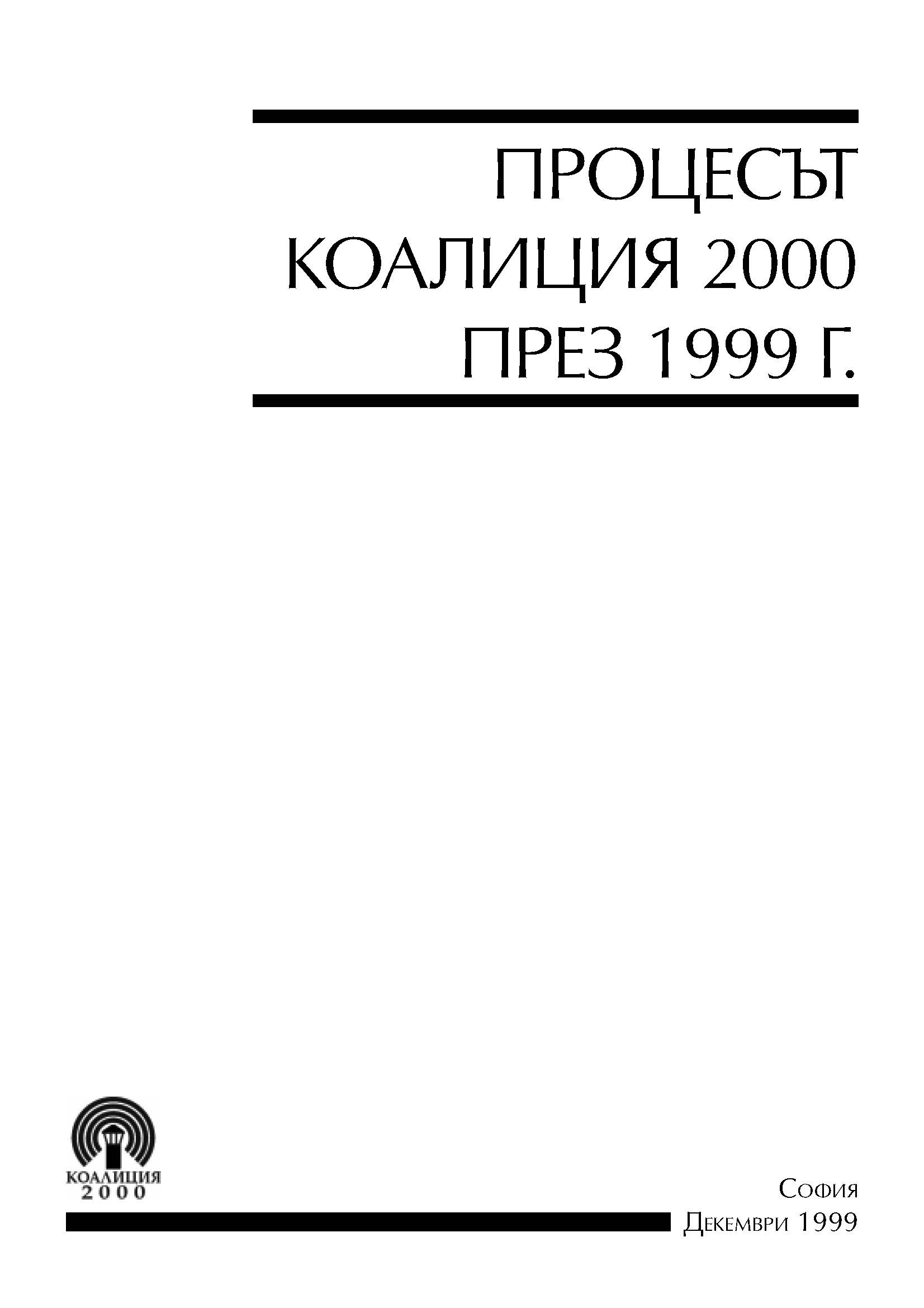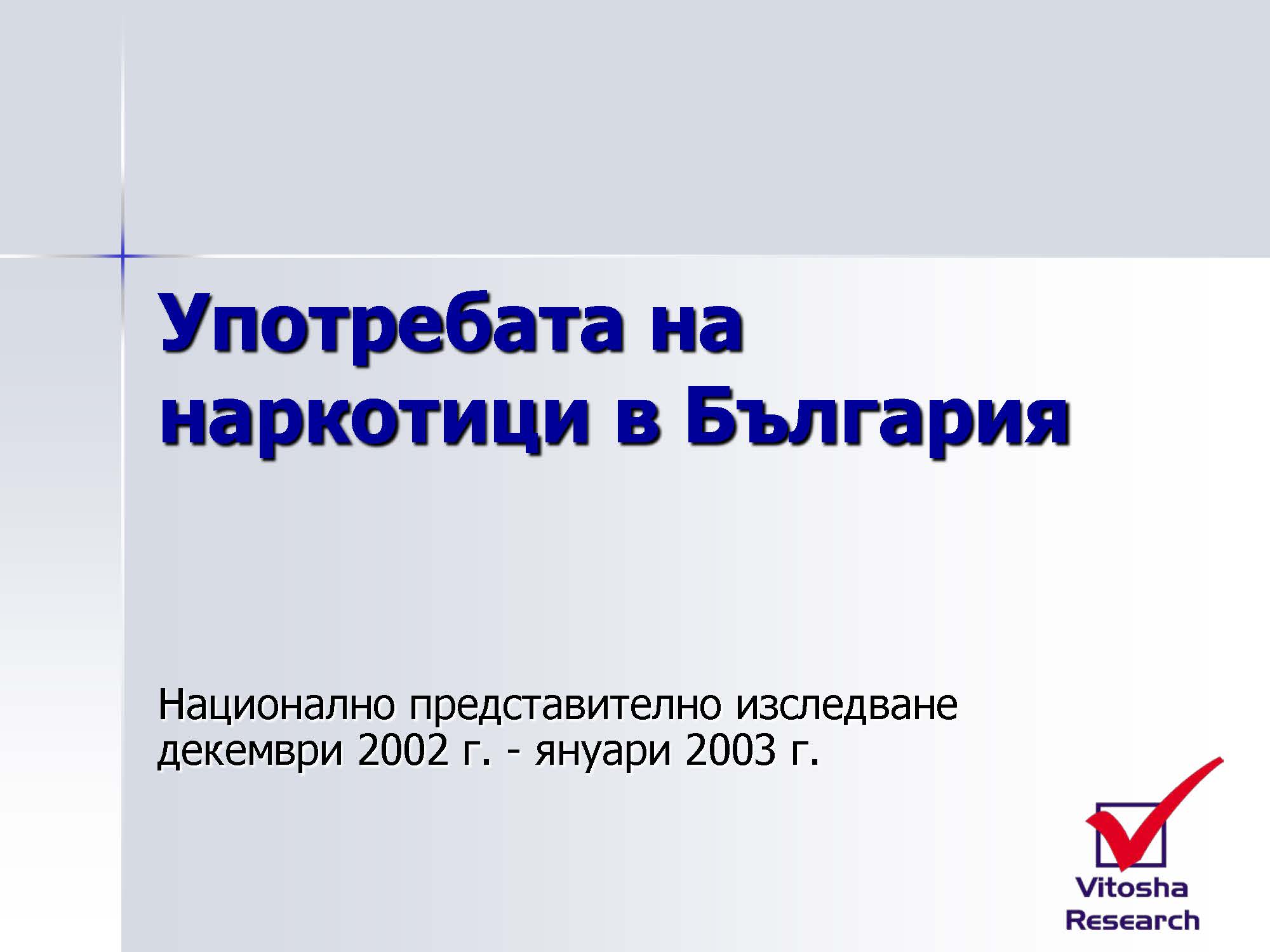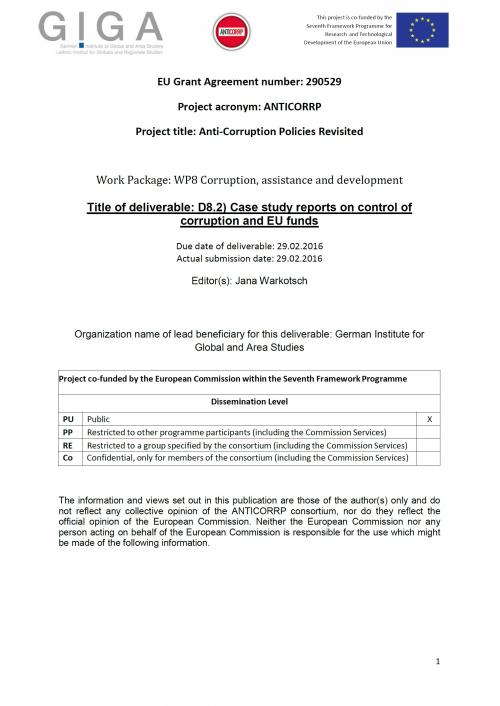
Improving Governance in Bulgaria: Evaluating the Impact of EU Conditionality through Policy and Financial Assistance
The paper examines the impact on Bulgaria’s anti-corruption performance of the interrelation between EU policy conditionality and EU financial assistance, with a focus on post-accession developments. Although the EU never formally linked EU assistance to progress on anti-corruption, the disbursement of funds has tended to peak around critical deadlines for accession progress, e.g. the signing of the accession treaty in 2005, and the expiration of the Cooperation and Verification Mechanism’s (CVM) safeguard clauses in 2010. Both years also marked the lowest levels of corruption experienced by Bulgaria’s citizens. This suggests that the combined effect of EU anticorruption conditionality and development assistance on governance in Bulgaria was positive - but temporary. Moreover, the 2015 CVM monitoring report suggests that, eight years after EU accession, Bulgaria still faces three key governance challenges – combatting high-level corruption, building an institutional approach to anti-corruption, and judicial independence. In 2014, public experience of corruption reached its highest level since the first comparable research in 1998. The lack of anti-corruption conditionality or credible enforcement mechanisms since 2010 has seen Bulgaria backslide in the fight against corruption. The current EU approach and development assistance for anticorruption reforms have been insufficient to put Bulgaria on a virtuous circle path to open access order (or a good governance model), and has not been able to compensate for the lack of domestic political commitment to anticorruption reform. The paper’s findings suggest that the EU and Bulgarian anti-corruption stakeholders need to find new strategies for bringing about lasting governance change. This analysis is part of Work Package 8 of the EU FP7 ANTICORRP Project, comprising eight case study reports looking at the impact of EU conditionality and EU aid in countries in new EU member states, the European Neighbourhood and beyond. Other than Bulgaria, the case studies review Bosnia and Herzegovina, Egypt, Ghana, Kosovo, Tanzania, Tunisia and Ukraine. The integrated case study report is available at the official ANTICORRP webpage.
More...
